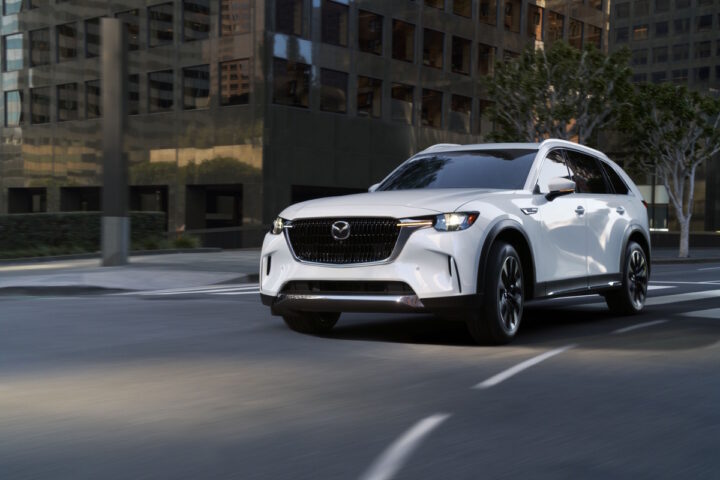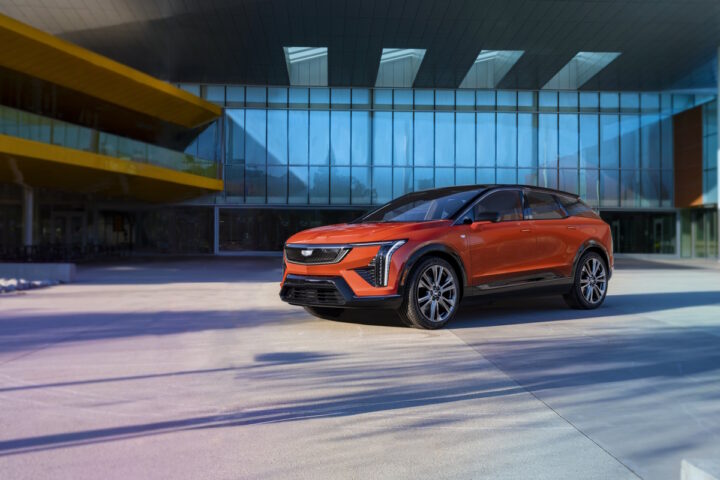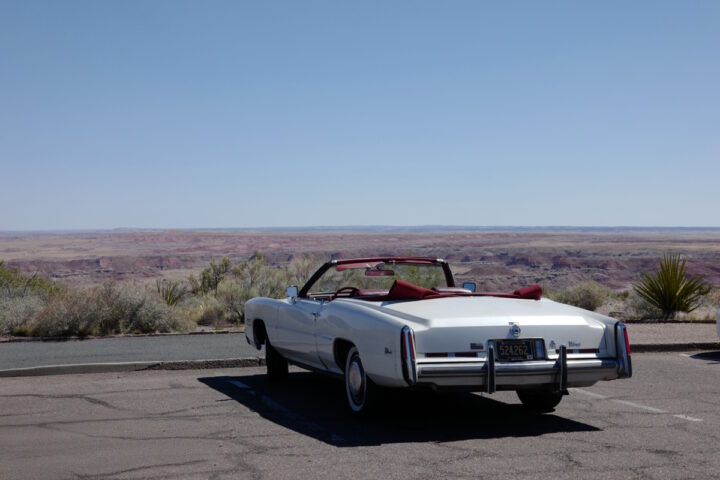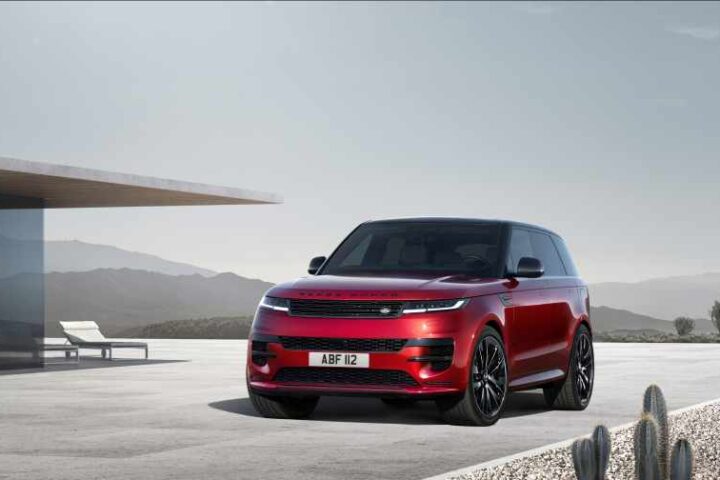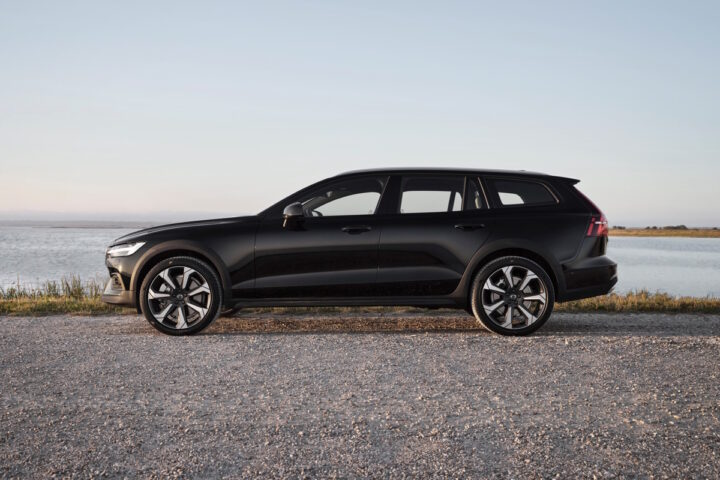If you’re in the market for a new vehicle but need something with a little more capacity than the average sedan, you might already know how challenging this decision can actually be. SUVs and trucks have a great deal in common: they’re both large-capacity vehicles with the ability to handle more terrain than a sedan might. But while similar, they’re obviously not the same — not only do they have different features, but they also cater to different lifestyles.
So how do you choose between the two? Do you really need all that truck, or will an SUV do? Here are a few questions you can ask yourself to make this decision a little easier.
What Will You Use It For?
This might seem like a no-brainer, but it’s worth sitting down and thinking about in detail. If your job or hobby requires lifting heavy loads or towing equipment, then a truck will be the ideal choice. A truck’s more powerful engine and towing capabilities make it the only real choice if you’re looking for a workhorse vehicle.
On the other hand, if you have a family and need third-row seating, an SUV is likely to be the better option. SUVs are built more for comfort than trucks tend to be, although you may be able to find a truck that suits both needs. This is probably the easiest question to answer, but things get a little more granular from here.
Where Do You Live?
This is really just an extension of the “what will you use it for?” question. While the carrying capacity of a truck is a great feature to have, trucks tend to have a larger profile and could be a nightmare to navigate crowded city streets. An SUV tends to be a much better fit (literally) for an urban environment, especially when it comes to finding a parking space. On the other hand, if you live on a farm or frequently go on outdoor trips, a truck’s higher ground clearance and off-road capabilities make it the superior choice.
What About Hobbies?
Let’s explore the potential of each type of vehicle when it comes to activities because there’s often quite a bit of crossover between them. Needless to say, if you’re big into off-roading or exploring rugged trails, either vehicle is going to be a good choice, but trucks tend to be a better choice because they tend to win in terms of durability and maneuverability on challenging terrain. But if your outdoor recreation is more centered on day trips, camping, and other family-centric activities, the SUV provides better comfort and convenience, especially on longer trips or weekend getaways.
What’s Your Budget?
Now it’s time to talk money. When it comes to sticker prices, both trucks and SUVs are going to cost you more compared to a smaller car. Although it’s not a universal rule, SUVs tend to cost more than trucks because they often come with more comfort and convenience features.
But being budget-conscious doesn’t end with the sale price. You should also think about things like maintenance costs, fuel efficiency, safety record, and even auto insurance. Some SUVs and trucks can cost more to insure than smaller vehicles. Taking the time to compare auto insurance quotes side-by-side can give you a good picture of the potential costs of insuring your vehicle. Ross Martin at quote comparison
site The Zebra recommends doing this once every six months. Fortunately, there are plenty of tools for getting free auto insurance quotes.
Additional Considerations
While the above are the “big questions” when it comes to determining the best SUV or truck for your lifestyle, there are some other concerns that should definitely factor into your decision as well:
Safety. Safety should be of paramount concern regardless of your choice in vehicles. Both SUVs and trucks generally offer advanced safety features, but not all models are created equal. It pays to do some research and compare safety ratings between different models.
Cargo capacity. Both SUVs and trucks are capable of handling hauling needs, but again, they are not created equal. SUVs are good for light hauling, up to some smaller furniture, but if you need to transport something large — especially for business purposes — a truck is likely to be the stronger choice.
Read the reviews. Finally, it’s worth your time to read the reviews on the models you’re trying to choose between. Every model of vehicle has its own quirks and idiosyncracies, and reviews from actual drivers may reveal an issue not covered by the topics above. You should also check into financing, examine your credit score, and decide whether now is the right time to buy a vehicle. Take these steps, and you’re certain to get the best value for your money.

.jpg)

